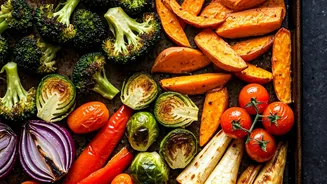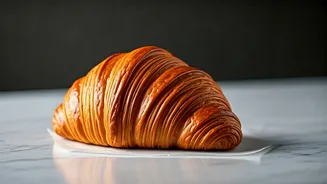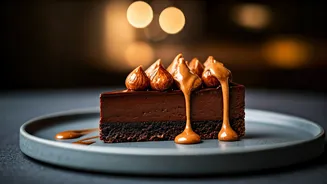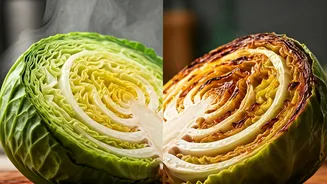Sugar Shock Explained
A 23-year-old individual's experience provides a clear example of boba tea's effect on blood glucose levels. The rapid increase is a direct consequence
of the high sugar content found in many boba tea preparations. The fundamental structure of boba tea typically consists of a tea base, milk or non-dairy alternatives, and the defining chewy tapioca pearls. The sweetness is often amplified by additional syrups or sweeteners. It’s crucial to recognize that the combination of these ingredients, especially in larger servings, contributes significantly to the total caloric value and sugar load of the drink, making it a potential factor in elevated blood sugar.
Calorie Sources Unveiled
The calories in boba tea are not just from the tea itself; they arise from various ingredients. First, tapioca pearls, derived from the starch of the cassava root, contribute calories and carbohydrates. Their chewy texture arises from the starch which becomes a source of sugar when digested. Milk or dairy-free alternatives such as almond or soy milk also add to the caloric profile. Beyond the pearls and base, the addition of flavored syrups and sweeteners can significantly increase the overall calorie and sugar content. Even the milk powder can add to the caloric impact. Each element adds up, transforming what might seem like a simple drink into a calorie-dense treat, especially in larger sizes or with multiple add-ins.
Tea vs. Dessert
Comparing boba tea to other beverages, such as traditional tea or coffee, highlights its markedly higher caloric content and its characteristics as more of a dessert drink. Plain tea or coffee generally offer minimal calories, especially if consumed without milk or sweeteners. Boba tea, on the other hand, frequently contains several hundred calories per serving. The difference lies in the significant amount of added sugars, milk products, and the tapioca pearls themselves, all of which boost the calorie count. The composition of boba tea leans more towards a treat, in contrast to the healthier profiles of simpler tea and coffee options. This is very crucial for people monitoring their sugar intake.
Mindful Consumption Tips
For boba tea lovers, enjoying it mindfully can mitigate some potential health impacts. Choosing lower-sugar options is a great start; asking for less syrup or opting for natural sweeteners like honey can reduce sugar intake. Portion control is crucial; choosing smaller sizes or sharing a larger drink can help manage calorie intake. Making your own boba tea at home also allows you to control the ingredients and sugar levels. Consider the time of day you consume boba tea; avoiding it right before bed or after a workout, when your body is managing its blood sugar differently, might be beneficial. Staying aware of the hidden calories and sugars and balancing your consumption with other healthy choices is key.



















